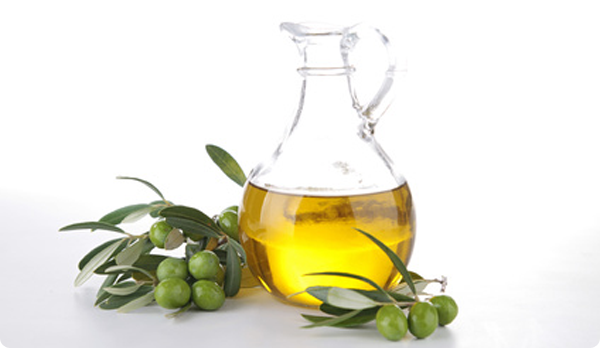Ingredients:
- 1 lb linguine
- 8 pcs medium-sized squid - cleaned, innards removed and cut into rings
- 12 pcs. shrimps, peeled, deveined, and halved lengthwise
- 12 pcs. mussels, cooked and shells removed
- 1 14-oz can diced tomatoes
- 1 head garlic, minced
- ½ cup fresh Italian parsley, chopped
- 2 tsp celery salt
- ½ tsp blackpepper
- ½ cup finely shredded parmesan cheese for topping
- 4 Tbsp Pristiano Madrid Olive Oil
- 2 Tbsp salt for cooking pasta
- whole fresh parsley leaves for garnishing
Procedure:
1. Bring 3-4 quarts
of water to a boil over medium-high heat, add 2 Tbsp salt and stir in
the pasta. Cook until al dente, approximately 10 to 12 minutes. Drain
the pasta well.
* Remember that the secret to a good pasta is to cook it in plenty of water to avoid sticking. Adding oil to the pasta water can prevent sticking, but pasta that's cooked in oily water will become oily itself and, as a result, won't absorb the sauce and you'll have a flavorless pasta.
* Remember that the secret to a good pasta is to cook it in plenty of water to avoid sticking. Adding oil to the pasta water can prevent sticking, but pasta that's cooked in oily water will become oily itself and, as a result, won't absorb the sauce and you'll have a flavorless pasta.
2. In a large skillet, sauté garlic until light brown.
3. Add shrimps,
squid and mussels. Saute just until shrimps turn pink, about 3
minutes.
* Be sure not to overcook the shrimps! Shrimps when overcooked will shrink and shrivel and will be all tough and stringy.
* Be sure not to overcook the shrimps! Shrimps when overcooked will shrink and shrivel and will be all tough and stringy.
4. Add chopped parsley and tomatoes (including the juice
from the can). Simmer for 5 minutes. Add celery salt and pepper. Mix
well.
5. Add pasta. Toss just until the pasta is covered with
the mixture. Remove from heat. Let sit for about 3 minutes to let the
pasta absorb the sauce.
6. Divide into four equal servings. Sprinkle with
shredded parmesan cheese and garnish with parsley.
7. Serve and enjoy!



.jpg)



.jpg)
























.jpg)




.jpg)

